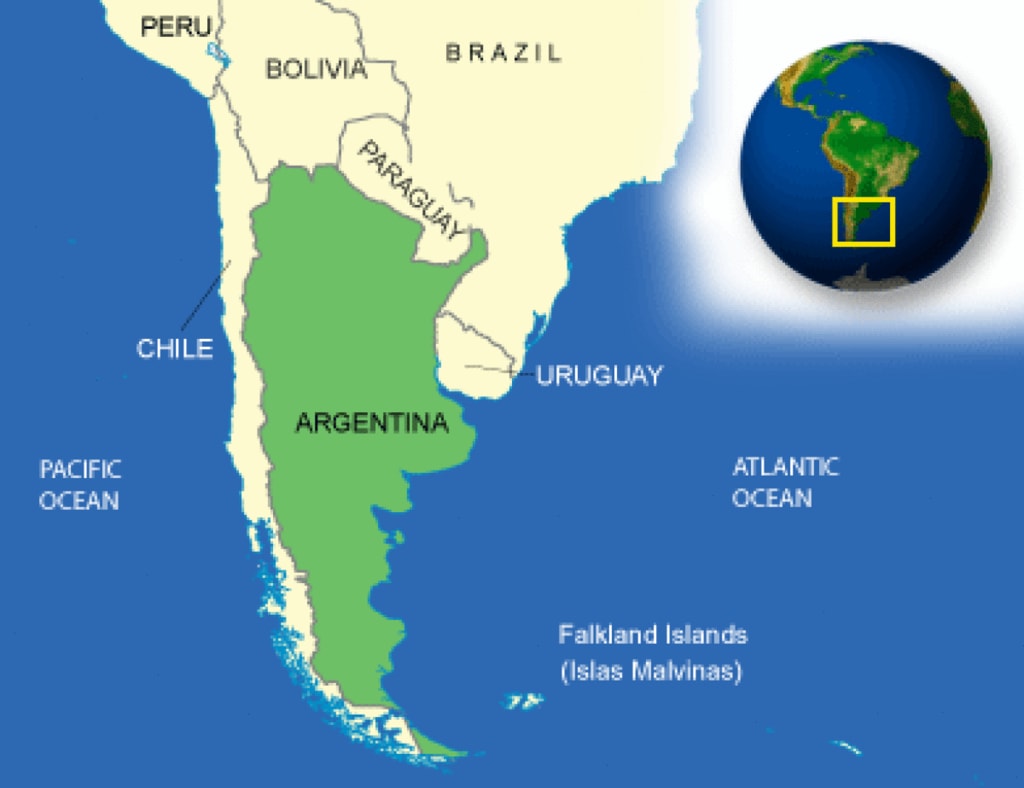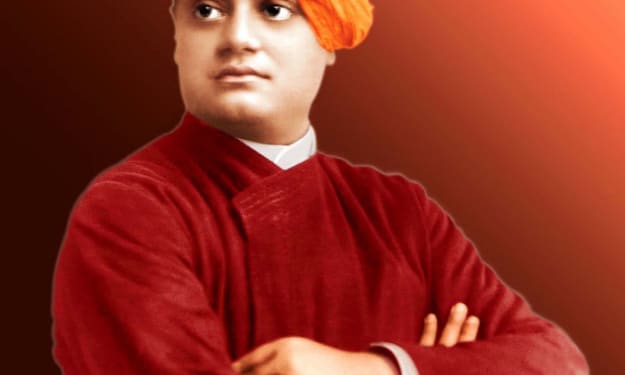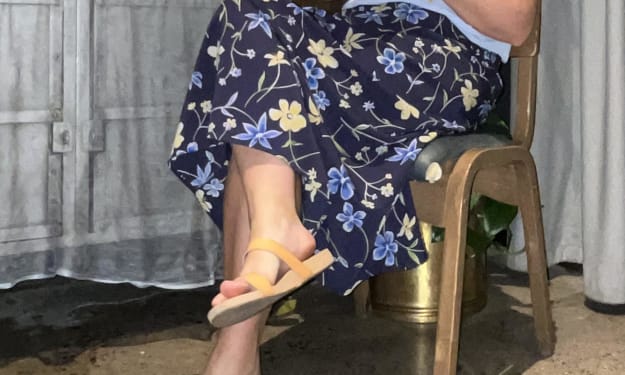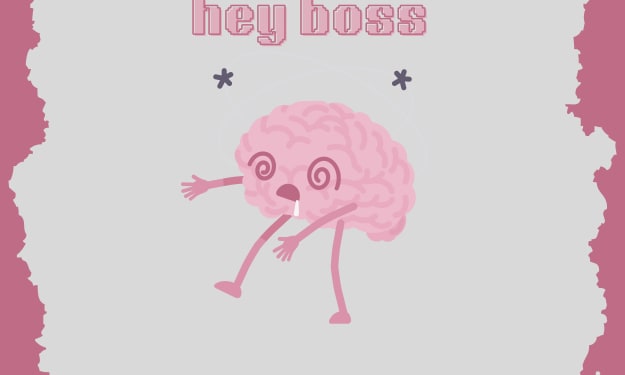Argentina 1985
Argentina was under the dictatorship of Jorge Rafael Videla

In 1985, Argentina was under the dictatorship of Jorge Rafael Videla, who ruled from 1976 to 1981. During this period, the government engaged in widespread human rights violations, including the kidnapping, torture, and murder of tens of thousands of people suspected of being left-wing militants or sympathizers. The dictatorship ended in 1983, but many of its leaders were not brought to justice for their crimes until many years later. In 1985, Raul Alfonsin, a Radical Civic Union leader, was elected as President of Argentina, who started the process of transition to democracy and starting trials for human rights violation during dictatorship.
Detail:
In 1985, Argentina was still recovering from the aftermath of the dictatorship of Jorge Rafael Videla, which had ended in 1983. During the dictatorship, which lasted from 1976 to 1981, the government engaged in widespread human rights violations as part of its campaign to eliminate left-wing militants and perceived political opponents. Tens of thousands of people were kidnapped, tortured, and killed by the government's security forces. The dictatorship also oversaw a period of economic turmoil, with hyperinflation and widespread poverty.
In 1983, the dictatorship handed over power to a democratic government, which was led by President Raul Alfonsin of the Radical Civic Union. Alfonsin's government focused on rebuilding democratic institutions and the rule of law in Argentina, and it began to prosecute those who had committed human rights abuses during the dictatorship. In 1985, the "Trial of the Juntas" began, which saw several former leaders of the dictatorship, including Jorge Videla, stand trial for their crimes.
In 1985, presidential elections were held and Raul Alfonsin was re-elected. He focused on consolidating democracy, strengthening the economy and holding trials for human rights violators.
Also, during his government, the human rights policies were stronger, creating the National Commission on the Disappearance of Persons (CONADEP) in 1983, which investigated crimes committed during the dictatorship.
In general, 1985 was a year of transition for Argentina as the country was still recovering from the effects of the dictatorship and working to establish a stable democracy. The trials for human rights violators, the re-election of Alfonsin, and the policies implemented by the government were all important steps in this process.
In addition to the political and legal changes that were taking place in 1985, there were also significant economic challenges facing Argentina. The country had been suffering from high inflation and economic recession during the dictatorship, and these problems persisted during Alfonsin's presidency. His government implemented a number of economic stabilization measures, including cutting government spending and devaluing the currency, but these measures failed to bring about a significant improvement in the economic situation.
Another challenge facing the country during this time was the ongoing violence and insecurity, especially in urban areas. The dictatorship had left behind a legacy of political violence, and leftist guerrilla groups and right-wing death squads continued to operate in the country. This violence made it difficult for the government to restore peace and stability.
In general, 1985 was a year of transition for Argentina. The country was trying to recover from the legacy of dictatorship and establish a stable democracy, but it faced significant challenges in this process, both politically and economically. Despite these challenges, the trials of human rights violators, the re-election of Alfonsin and the strong human rights policies implemented by the government were important steps towards reconciliation, restore justice and national cohesion.
In 1985 Argentina was also going through a social transition, the society was coming to terms with the human rights violations and atrocities committed during the dictatorship, and many people were struggling to come to terms with the loss of loved ones. Many families were still searching for missing relatives and trying to find out what had happened to them. The National Commission on the Disappearance of Persons (CONADEP) created by Alfonsin government and other organizations were working to document the human rights abuses and provide support to the victims and their families.
The political transition in the country and the economic crisis also caused a significant number of people to emigrate, many of them were professionals, intellectuals and young people, who were seeking better opportunities elsewhere. This led to a brain drain and loss of human capital in the country which had negative effects on the country's development.
Additionally, in 1985, the country was also going through a process of cultural transition, as people were looking for new ways to express themselves and make sense of the past. This was reflected in the art, literature, and film produced during this time, which often dealt with themes of memory, identity, and the search for meaning in the wake of the dictatorship. Many artists and intellectuals used their work to critique the past and demand accountability for the human rights abuses committed during the dictatorship.
In summary, 1985 was a significant year for Argentina as the country was in a transition period, politically, socially, economically, and culturally. It was facing many challenges, but also taking steps to move forward and build a better future. The society was trying to come to terms with the past, hold those responsible accountable and heal the wounds of the country. The cultural expressions of the time reflect this process of reflection and looking forward.
In summary, the year of 1985 in Argentina was a significant year in the country's history as it marked the transition from dictatorship to democracy, the country was still recovering from the human rights violations committed during the dictatorship and was in the process of consolidating democracy and the rule of law. The government was working to prosecute those responsible for human rights violations during the dictatorship and was implementing policies to support the victims and their families. The country was also facing significant economic challenges, with high inflation and a recession, leading to emigration of skilled professionals, intellectuals, and young people. The society was also in a process of cultural and social transition, reflecting on the past, trying to come to terms with the atrocities committed during the dictatorship and expressing it through art, literature, and film. Overall, it was a year of transition, recovery, and hope.
About the Creator
Enjoyed the story? Support the Creator.
Subscribe for free to receive all their stories in your feed. You could also pledge your support or give them a one-off tip, letting them know you appreciate their work.





Comments
There are no comments for this story
Be the first to respond and start the conversation.